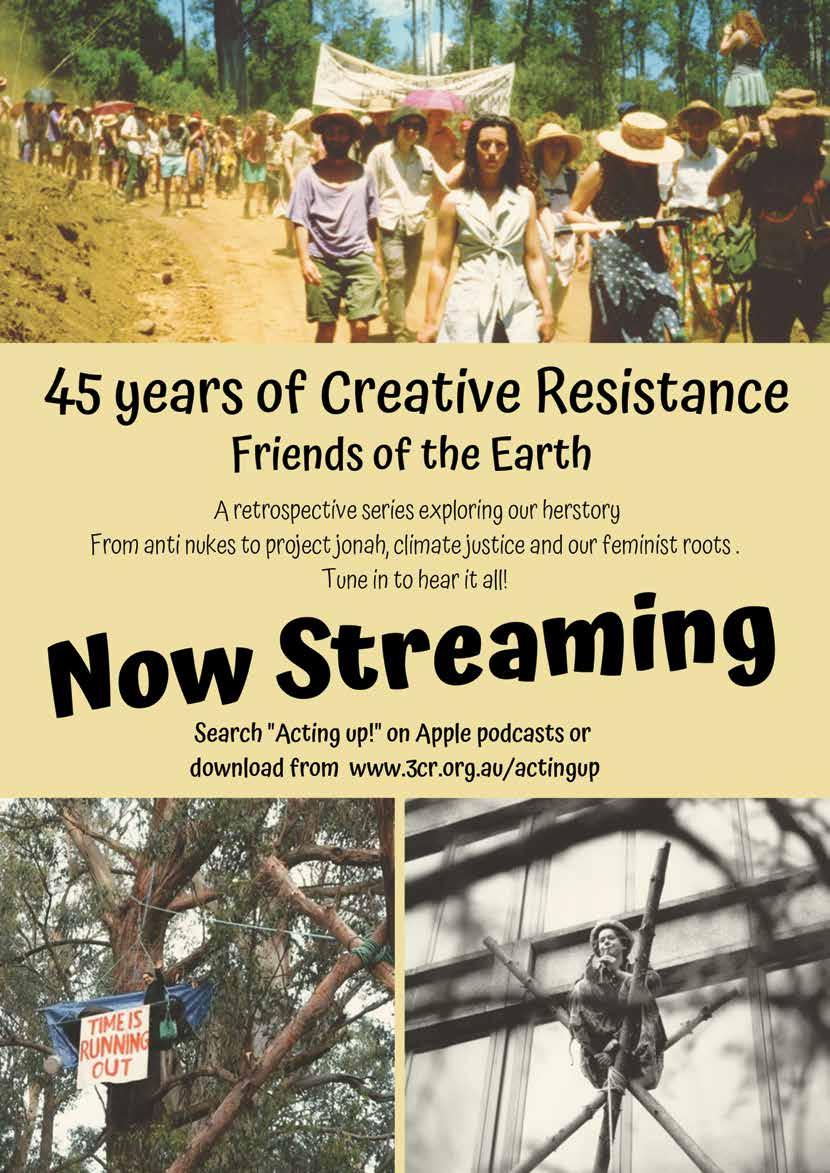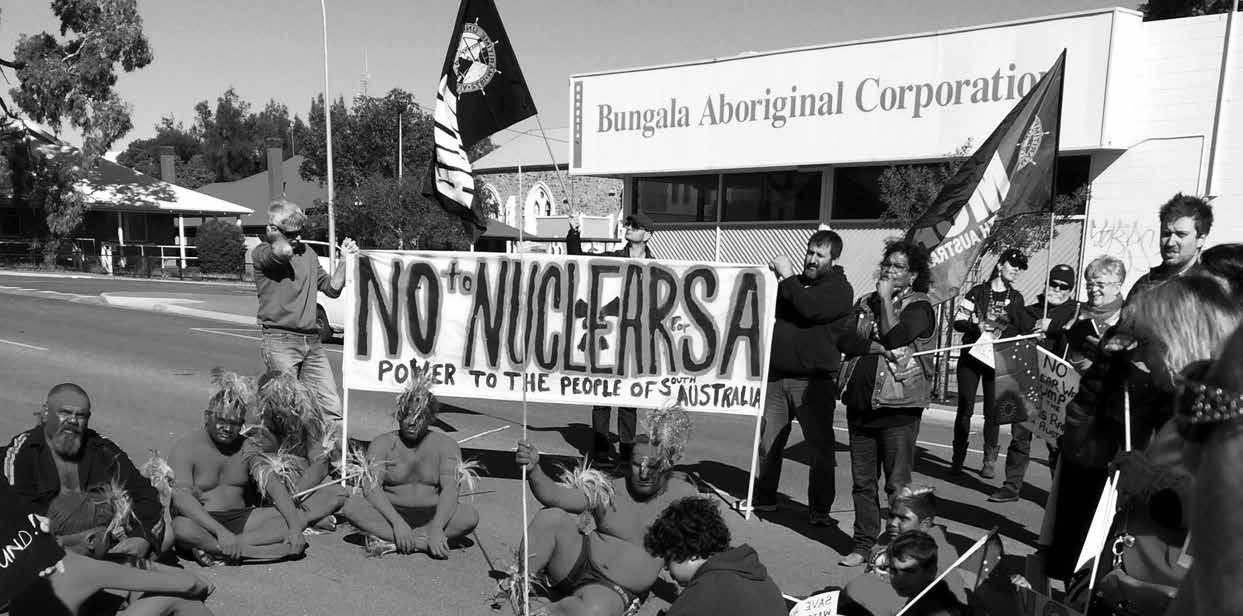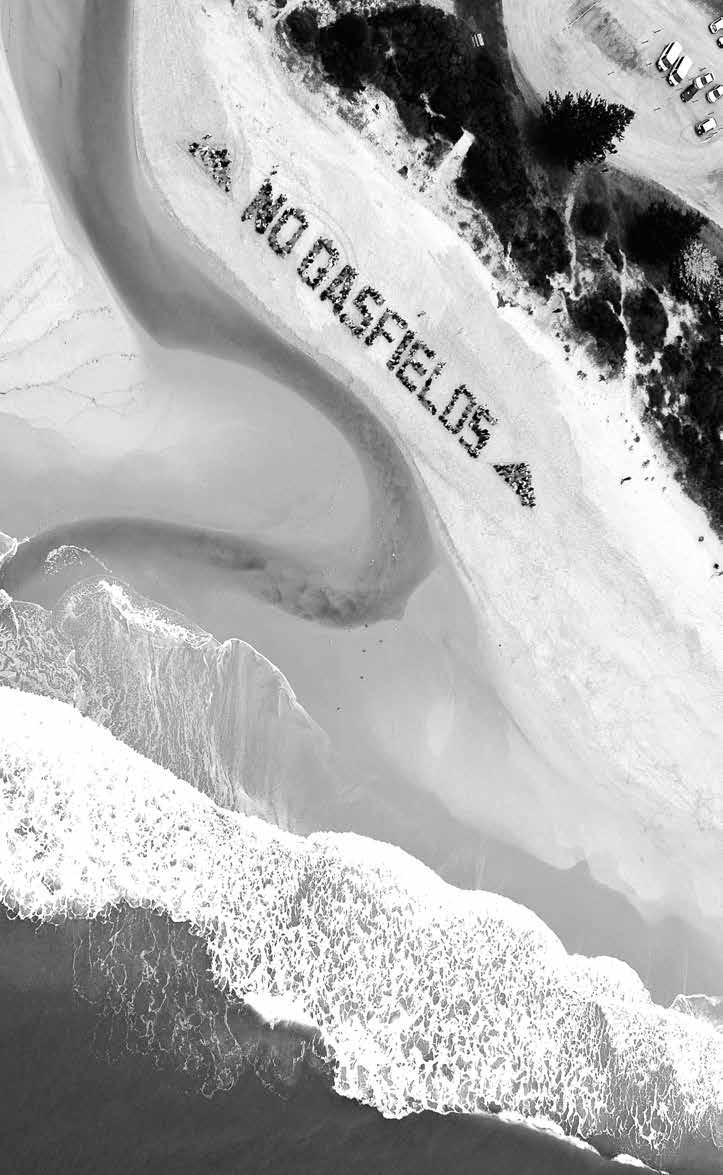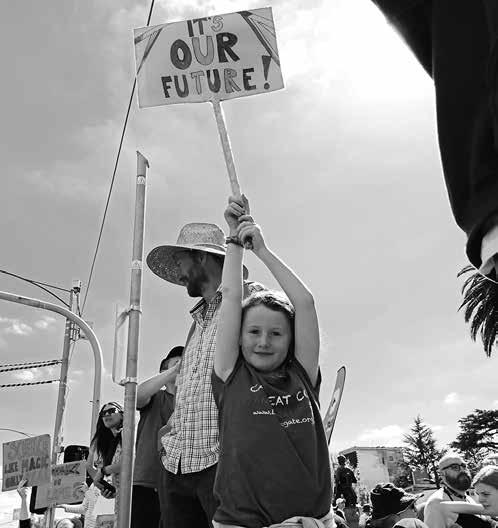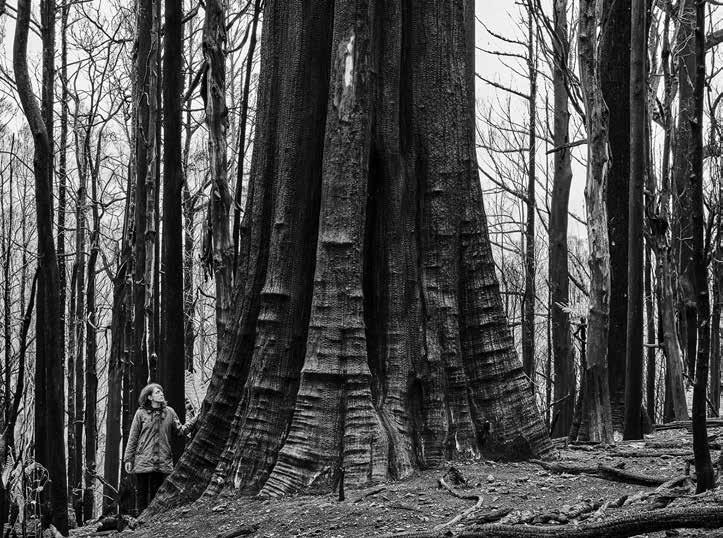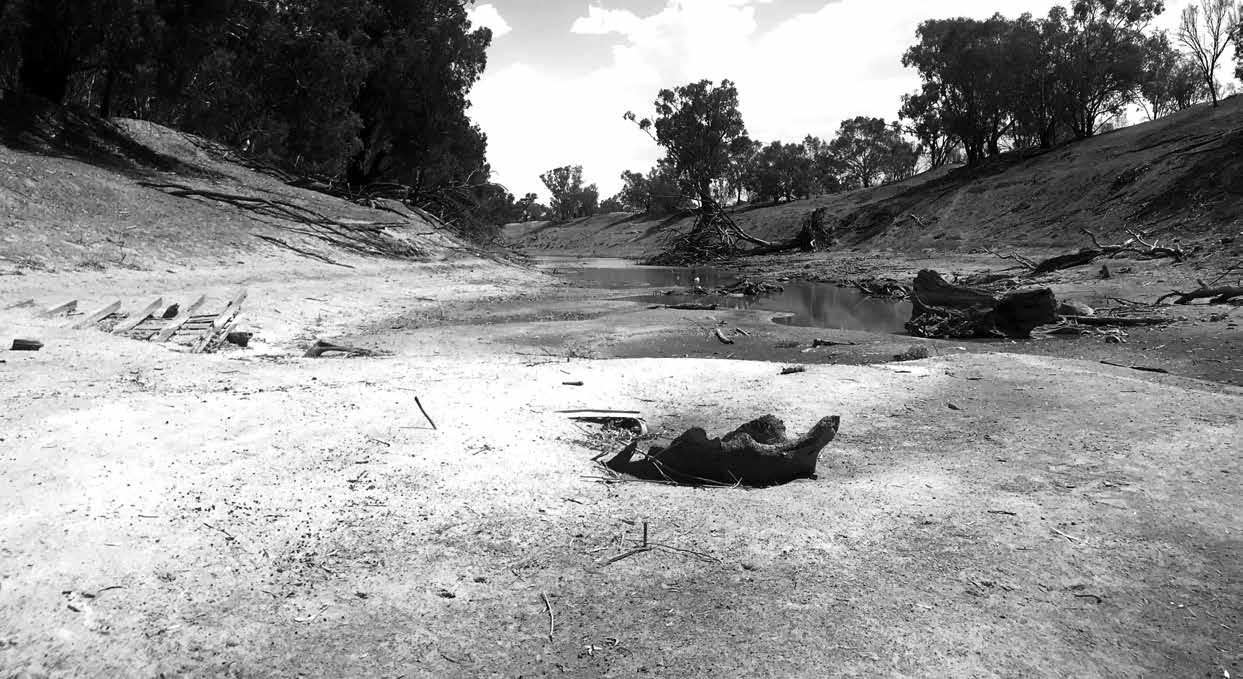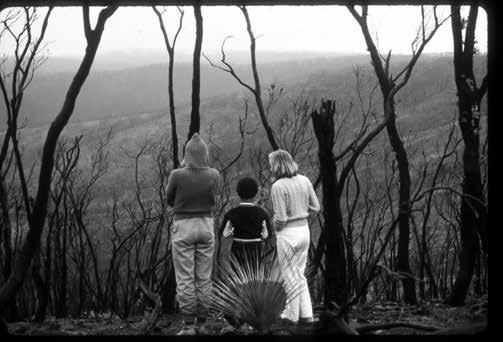Droughts, floods and fires: where does water fit in the climate crisis? Charlotte Borthwick
The severity of the recent bushfire crisis makes it clear that things are no longer ‘business as usual’. Bushfires are being exacerbated by our rapidly warming climate and lack of water in our waterways due to drought and over-extraction for irrigation. Dry conditions create more fuel for bushfires and make it more difficult for environments to recover in the aftermath. What is left behind after the fires have gone out presents a massive threat to the health of all living beings. The recent heavy rainfall has washed ash and bushfire debris into our waterways, polluting our rivers and taking a further toll on our natural environment. Sudden downpours washing down dehydrated river beds stirs up sediment that is carried downstream. Bitter sweet as flows are seen along rivers in the Western NSW for the first time in years, but excess nutrients are washed in and present a huge risk of contamination and with it proliferation of toxic blue green algae. On the Macleay River, near Kempsey, hundreds of thousands of fish died after heavy rain upstream contaminated the river, creating what one local described as ‘runny cake mix’. It is estimated that it will take decades for the river to recover from this one event. Some experts predict this could soon occur along the River Murray. Out west, the Lower Darling has already been affected by catastrophic blue green algal blooms. Major fish kill events in 2018 and 2019 suffocated millions of iconic fish species, destroyed town water supplies and presents an ongoing risk to human wellbeing. Is this the future for all Australian waterways? Governments have allowed our waterways to be exploited, polluted and drained for corporate
www.foe.org.au
gain. Now they are suffering as a result of the bushfire crisis. The degree of damage done has been predicted to take decades for our natural environment to recover from, with research indicating that it may never fully recover. We are seeing a trajectory of change whereby the climate is shifting faster than most living beings can endure. We need to enact transformational change regarding how we treat the land. First Nations peoples have employed holistic land management practices for thousands of generations, and handing control over land management practices from government bureaucrats to First Nations groups is desperately needed to save our precious waterways and ecosystems from total collapse. Indigenous ecological knowledge is internationally recognised as an invaluable resource regarding land management, yet the Australian government has failed to listen to Indigenous voices and knowledge embedded in their communities. Empowering and resourcing First Nation people’s ecological knowledge is a necessary first step in addressing the effects of climate change across the nation. Firesticks Alliance Indigenous Corporation is an Indigenous led network working to reinvigorate the use of cultural burning by facilitating cultural learning pathways to fire and land management. The program aims to work with fire to enhance ecosystem health by improving habitat condition and connectivity within culturally connected landscape. Support their important work as they continue to provide Indigenous leadership, advocacy and action to protect Country through cultural fire and land management practices by donating at www.chuffed.org/project/firesticks-alliance Charlotte Borthwick is a member of FoE Melbourne’s River Country collective.
Bushfires are being exacerbated by our rapidly warming climate and lack of water in our waterways due to drought and over-extraction for irrigation.
Chain Reaction #138
May 2020
17


